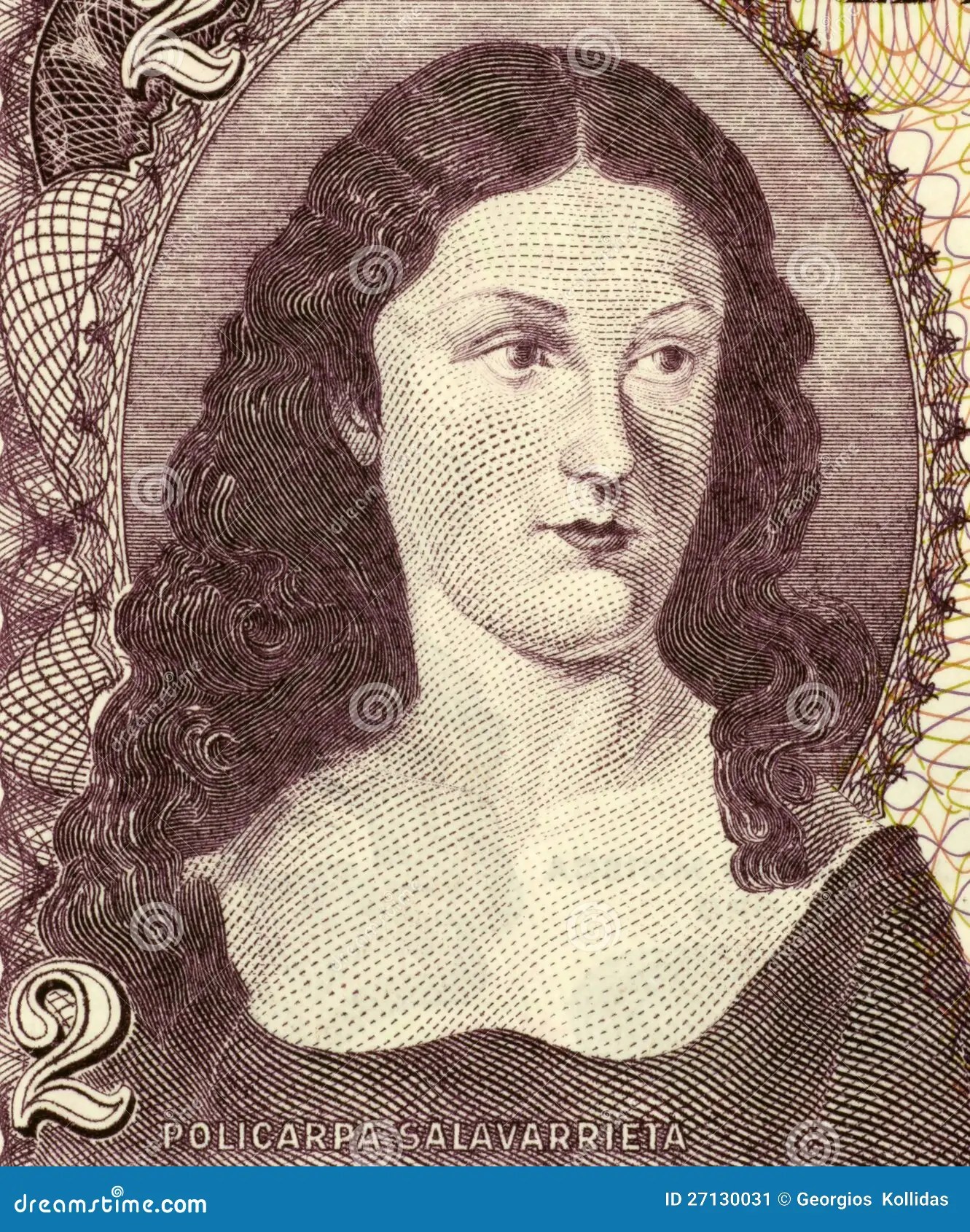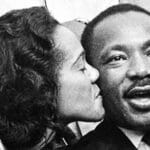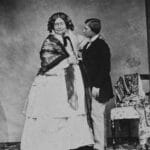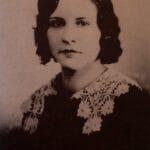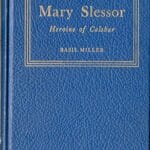Ever heard of a seamstress who was also a spy? Meet Policarpa Salavarrieta, or “La Pola” as she was known. This woman was a key figure during Colombia’s fight for freedom from Spain in the early 1800s. She wasn’t just stitching clothes; she was gathering intel and playing a crucial role in the revolution. There’s still some mystery surrounding her early life, but one thing’s for sure: La Pola was incredibly brave, risked it all for her country, and became a Colombian legend. Let’s dive into her amazing story.
## The Enigmatic Birth of La Pola
Policarpa Salavarrieta’s birth is shrouded in mystery. Official records offer no definitive date, leading historians to estimate her birth between 1790 and 1796, likely in Guaduas, Cundinamarca. This lack of clarity adds to the intrigue surrounding this pivotal figure in Colombian independence. [https://www.lolaapp.com/princess-victoria-of-saxe-coburg-saalfeld] How could someone so influential emerge from such historical obscurity? Ongoing research continues to explore this enigma, seeking to illuminate her early life and family background.
## From Needle and Thread to Cloak and Dagger
Policarpa’s early life seemingly revolved around the quiet trade of a seamstress. However, this domestic image masked a burgeoning revolutionary spirit. During the Spanish Reconquista, she transitioned into a vital operative for the rebel forces. Her sewing skills became tools not just for crafting garments but for weaving a network of resistance. This unlikely transformation probably stemmed from her unique position. Her ability to navigate between social classes granted her access to diverse sources of information, making her an invaluable asset to the revolution. What secrets did she uncover? How did she transmit sensitive intelligence? While some details remain elusive, her ingenuity and bravery are undeniable. [https://www.lolaapp.com/mary-slessor] She likely took immense risks, operating in the shadows to disrupt Royalist operations.
## Betrayal and Capture
Ironically, the very social connections that empowered Policarpa as a spy may have led to her downfall. Historians suggest betrayal, potentially by someone close to her, resulting in her capture by Royalists on charges of high treason. What transpired during her trial? Did she reveal sensitive information, or did she remain steadfast in her loyalty? While the precise details may never fully emerge, her courage in the face of such danger is evident.
## A Martyr for Freedom
On November 14, 1817, Policarpa Salavarrieta was executed. However, her death became a catalyst for the Colombian independence movement. Her martyrdom transformed her into a powerful symbol of resistance, inspiring countless others to fight for freedom. This date is now commemorated as the “Day of the Colombian Woman,” a testament to her enduring legacy. Monuments across Colombia honor her sacrifice, ensuring that her courage and patriotism continue to inspire future generations.
## Policarpa Salavarrieta: Unsung Heroine of Bolívar’s Independence Movement
Policarpa Salavarrieta, while not directly involved in Simón Bolívar’s personal life, played a crucial role in the broader independence movement he led. Her intelligence work as a spy, gathering information on Royalist activities, provided invaluable support to the revolutionary forces. While direct evidence of their communication remains elusive due to the clandestine nature of espionage, it’s probable that her intelligence influenced Bolívar’s strategic decisions.
La Pola’s bravery extended beyond her espionage activities. Her defiance in the face of execution, at the young age of 22, transformed her into a symbol of resistance. Her unwavering commitment to freedom fueled the fervor that propelled Bolívar and his armies toward victory.
## The Last Words of La Pola: A Defiant Stand for Colombian Independence
Policarpa Salavarrieta’s final moments were marked by extraordinary courage. While the exact words she spoke are debated, historical accounts suggest a resounding declaration of patriotism. Whether she cried out against the injustices of Spanish rule or proclaimed her love for a free Colombia, her message was clear: she was willing to sacrifice everything for her ideals. One widely accepted account recalls her saying, “I die for the rights of my country,” a powerful statement that became a rallying cry for the revolution.
## The Untold Story of Policarpa Salavarrieta: Beyond the Battlefield
Policarpa Salavarrieta had no children. Her short life, tragically cut short at 22, was dedicated to the fight for Colombian independence. Born into a family of ten children in Guaduas, she grew up amidst the growing unrest and revolutionary fervor. This environment likely shaped her unwavering commitment to the cause of freedom.
Her work as a seamstress provided cover for her dangerous activities as a spy. Gathering intelligence and facilitating communication between revolutionary groups, she played a pivotal role in the fight against Spanish rule. Her capture, trial, and subsequent execution transformed her into a national hero, her sacrifice forever etched in Colombian history. The Day of the Colombian Woman, celebrated on November 14th, serves as a lasting tribute to her courage and the enduring spirit she embodied.
- Unveiling Bernhard Caesar Einstein’s Scientific Achievements: A Legacy in Engineering - July 15, 2025
- Uncover who is Jerry McSorley: CEO, Family Man, Business Success Story - July 15, 2025
- Discover Bernhard Caesar Einstein’s Scientific Contributions: Unveiling a Legacy Beyond Einstein - July 15, 2025
